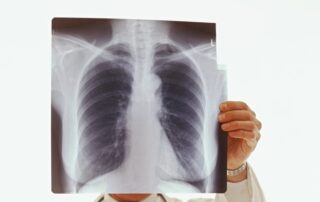Mum’s obesity linked to child’s heightened hospital admission risk for infection
Findings highlight importance of healthy body weight before and after pregnancy Children born to mothers who are very obese with a BMI of 35 or higher are at heightened risk of being admitted to hospital for an infection, finds a long term study published in the open access journal BMJ Medicine. The ...










